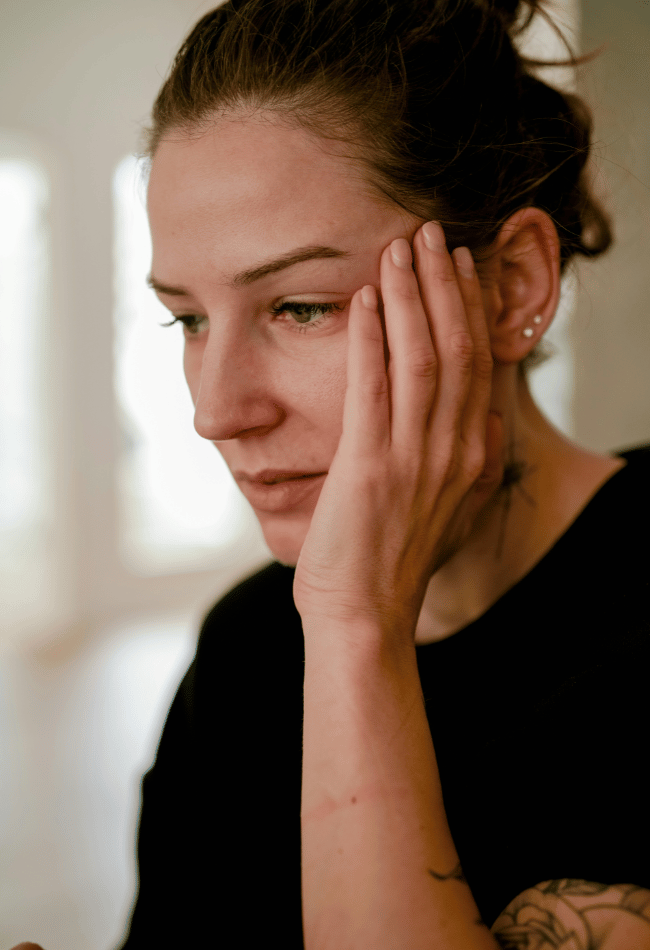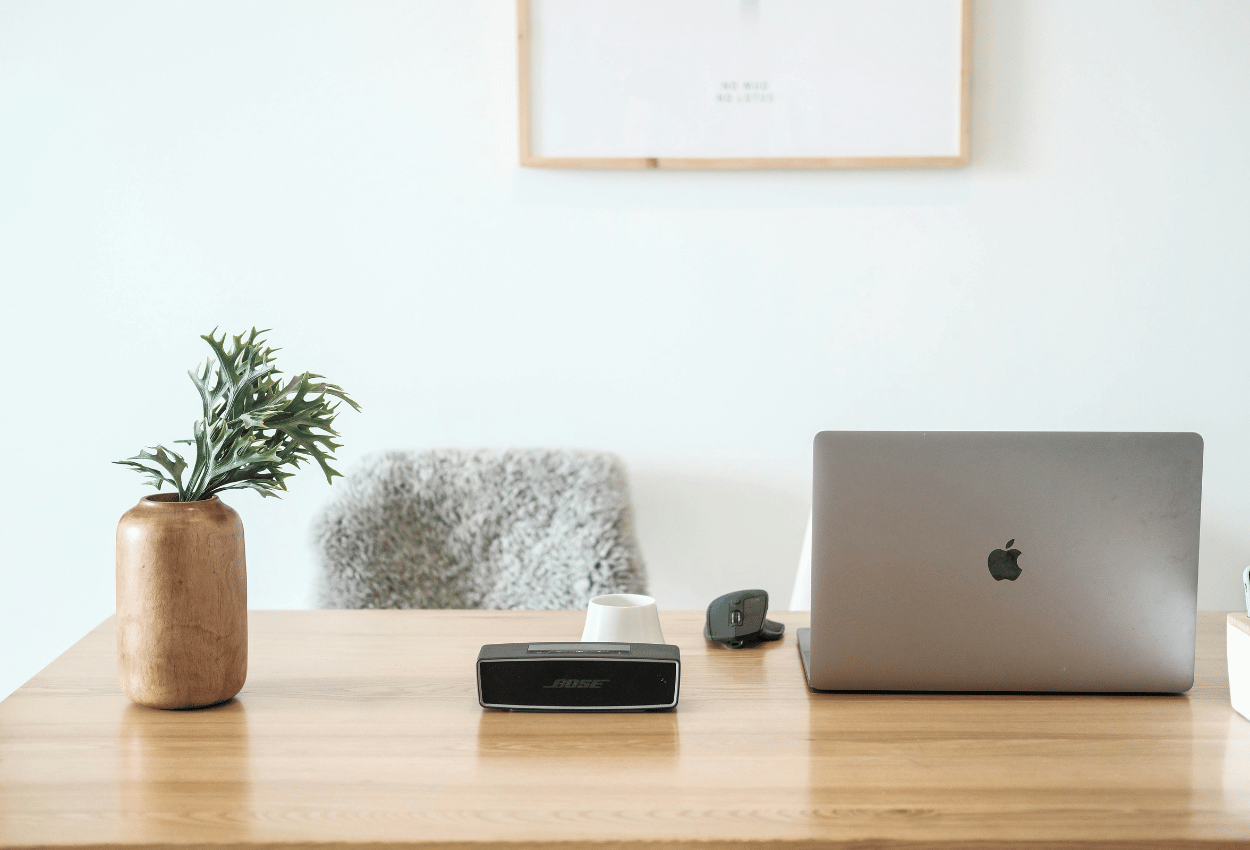
Anxious Attachment Style Quiz
Welcome! If you have found yourself here, you are likely interested to discover if what you are experiencing in your romantic relationships is due to fitting into an anxious attachment style. Understanding attachment styles and how they impact emotional intimacy with romantic partners is crucial for sustaining lasting relationships.
As a Licensed Marriage & Family Therapist, my work often focuses on providing support to individuals working towards nourishing and satisfying romantic and intimate relationships. One of the overarching concerns for adults with this attachment style is the fear of being abandoned by someone they love, so they are constantly looking for indications that that might happen. This quiz is designed to help you understand if you fall into this particular attachment style and if so, the possible challenges you may face when making attempts to connect. The aim is to utilize insight from this quiz to work towards more secure relationships or building healthier long term relationships.
Take this free, 5-minute parent attachment style quiz to discover and explore how your childhood experiences with your parents or primary caregivers may be influencing your adult relationships.
Who is this anxious attachment quiz for?
Are your biggest triggers uncertainty and emotional unavailability in your relationships? If you desire a high level of closeness in your relationships and never feel this need is sufficiently met, this quiz may be worth taking. This style describes individuals who deeply crave relationships, intimacy, and love, often finding it challenging to be single. Those with this attachment style may enjoy dating due to the flirting, seduction, and attention it brings. However, once dating evolves into a committed relationship, they may begin to experience feelings of rejection and jealousy. Understanding attachment theory and attachment styles can be a lens to better communicate your emotions and needs, respond to conflict more effectively, and manage your expectations in relationships.
How accurate is this quiz?
This attachment style quiz can offer valuable insights into your patterns of behavior and emotional responses in relationships, but it’s important to remember to see main attachment styles and theory as a lens rather than absolute truth. Use this attachment style quiz as a starting point for self-reflection and understanding if you’re in the right relationship and consider supplementing your insights with more professional guidance from a therapist.

Take our anxious attachment quiz ↓
Indicate the degree to have certain circumstances in which the following statements apply to you with romantic relationships.
1. How often do you worry about or feel rejected in your relationship?
A. Frequently
B. Sometimes
C. Rarely
2. When in a relationship do you have a hard time spending alone time? Or do you have a hard time being single?
A. Frequently
B. Sometimes
C. Rarely
3. How often do you seek validation or reassurance in your relationship?
A. Frequently
B. Sometimes
C. Rarely
4. How often have you been called clingy or needy?
A. Frequently
B. Sometimes
C. Rarely
5. How often do you exhibit jealousy?
A. Frequently
B. Sometimes
C. Rarely
6. How often do you feel your partner does not wish to be as close as you would like him/her to be?
A. Frequently
B. Sometimes
C. Rarely
7. How often do you notice small fluctuations in your partner’s moods and actions?
A. Frequently
B. Sometimes
C. Rarely
8. How often do you get upset and experience negative emotions in your relationship?
A. Frequently
B. Sometimes
C. Rarely
9. How much of your emotional energy do relationships consume?
A. Frequently
B. Sometimes
C. Rarely
10. Do you ever regret the things you’ve said in the heat of a moment?
A. Frequently
B. Sometimes
C. Rarely

Interpreting your results
If you answered “A” for most of the questions you might fall into the anxious attachment type. Scoring mostly A’s shows that you crave closeness and are concerned about being abandoned, which can lead to taking small changes in your partner’s interactions with you overly personally, which an create negative emotions in the relationship, hallmarks of this attachment style. It’s important that this quiz is meant to serve as a guide while exploring attachment styles and not definitive answers.
FAQs about anxious attachment
How do you know if you have an anxious attachment style?
This style, often called “preoccupied” in child and adult attachment theory, manifests through specific behaviors and feelings with others. Here are some signs that might indicate you fall into this style.
Abandonment: You frequently worry they will leave you or stop loving you, even without concrete reasons.
Need for Reassurance: You often seek constant reassurance and validation to feel secure.
High Sensitivity to The Other Person’s Actions: You are highly sensitive to their moods and actions, often interpreting them as signs of their true feelings about you.
Difficulty Being Alone: You struggle with being alone and may feel incomplete without their presence or attention.
Overthinking and Anxiety: You tend to overthink situations, typically assuming the worst-case scenarios.
Clinginess or Neediness: You might exhibit clingy or needy behavior, trying to stay close to them in order to maintain a connection through constant contact.
Rejection: You fear rejection and may go to great lengths to avoid it, sometimes compromising your own needs or values.
Difficulty Trusting: Even with reassurance, you might struggle to fully trust their expression of love and commitment.
If you can relate to many of these the majority of the time in your own life and relationships, then it may be helpful to consider working with a licensed therapist to better explore and understand root causes of your attachment style and learn ways to self soothe and communicate feelings and needs more effectively.
Who is anxious attachment style attracted to?
These individuals are often attracted to avoidant attachment styles due to a combination of psychological and emotional factors that create a compelling, though often dysfunctional, dynamic.
Anxious-Avoidant Couples: These individuals frequently find themselves attracted to relationships with individuals with avoidant attachment. Avoidant partners tend to be emotionally distant or less responsive, which can intensify the anxious person’s fears of abandonment and their need for reassurance. This dynamic often results in a push-pull relationship, where the anxious individual pursues closeness and the avoidant individual seeks distance.
The inconsistent availability of an individual with avoidant attachment can constantly activate the anxious individual’s attachment system, keeping them in a heightened state of alertness and longing. This activation can create a strong sense of urgency and passion, making the bond feel more intense and significant. Anxious individuals might have negative self-perceptions, such as feeling unworthy or unlovable. Being with an avoidant partner who confirms these perceptions by being emotionally unavailable can feel like a confirmation of their beliefs, even though it’s unhealthy.
What is the ideal partner for anxious attachment style?
The ideal match for this attachment style would possess qualities that foster a sense of security, trust, and emotional stability. An individual with a more secure attachment style has good mental health, is emotionally available, responsive, and consistent. Secure people provide a stable and predictable source of support and reassurance, which can help calm the more anxious person’s fears and anxieties. A securely attached individual is comfortable having honest, open communication about their feelings and intentions. They would be willing to address any concerns that may arise and provide reassurance when needed. While providing reassurance, a securely attached person would also encourage the anxious individual to be independent. This helps bring balance, minimizes over-dependence, while providing a secure base.
It’s important to note that each person is unique and may not fall neatly into one specific attachment style. Individuals who typically fall into this style can benefit from therapy and self-awareness exercises to develop healthier patterns and work towards a more secure attachment style.

Final thoughts on anxious attachment
Often rooted in early childhood experiences this style can significantly impact adult relationships. Understanding the qualities of an ideal partner can help those with this attachment style foster healthier, more secure connections throughout life.
In my clinical experience, individuals with this attachment style can benefit greatly from attracting others who exhibit more secure attachment behaviors. I’ve helped many clients learn about their vulnerabilities and triggers when dating and understand that sometimes feeling ‘chemistry’ is their insecure attachment style being triggered. I help my clients then understand how to spot secure attachment behaviors in others and enter dating situations with this new information. Being able to own your attachment needs, such as needing a partner who can provide reassurance and open communication, you will see significant improvement in conflict resolution skills, self-confidence and emotional stability.
If you’re looking to understand your attachment style better and cultivate healthier connection, our team can provide personalized guidance and practical strategies to help you achieve emotional security and fulfillment. Reach out to schedule your complimentary consultation to see if we would be a good fit.